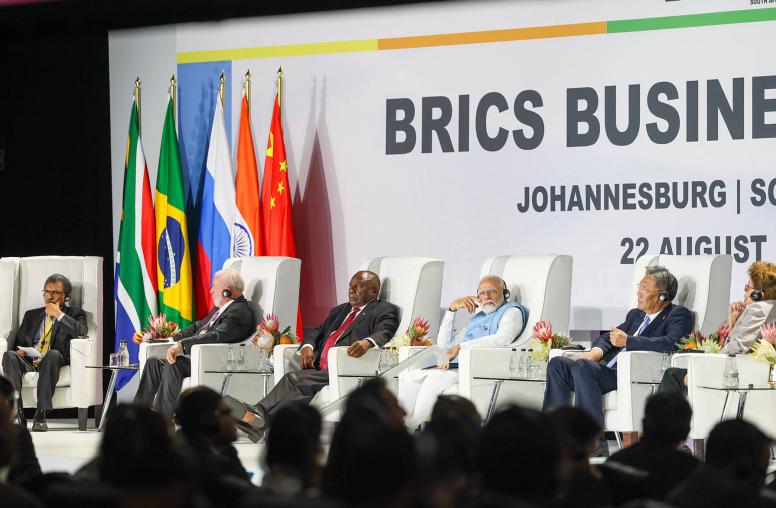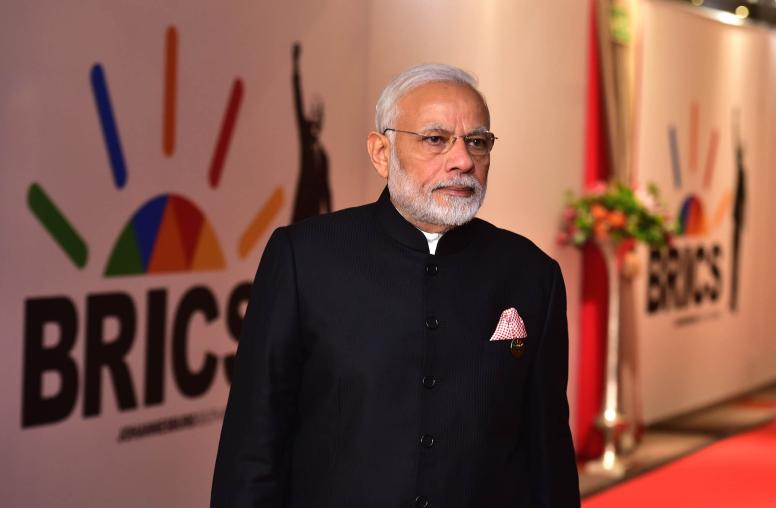One-time Miracle or Exemplar
What are the lessons of Mandela's legacy and South Africa's transition for other countries?
Read the Event CoverageUSIP and Beyond Conflict discussed lessons learned from South Africa’s transformation experience with some of the key negotiators during the transition, from both the African National Congress and National Party.

South Africa’s remarkable transition from apartheid to majority rule in the 1990s has often been referenced as a model for other countries in need of significant reform and grappling with a bloody past. The recent passing of Nelson Mandela has renewed interest in the country’s transformation. But there remain unanswered questions concerning whether the processes that worked in South Africa and lessons learned are applicable in other contexts. Can the South African experience be replicated? Twenty years after Mandela was elected president, is the South African model still relevant in today’s world? What messages do the transition leaders have for countries struggling with their own transitions?
Panelists
Roelf Meyer
Former Chief National Party Negotiator and Minister of Constitutional Affairs
Mohammed Bhabha
Chairperson of Senate Select Committee on Constitutional Affairs and former ANC negotiator
Ambassador Ebrahim Rasool
Republic of South Africa Ambassador to the United States
Tim Phillips, Introductory Remarks
Chairman and Co-Founder, Beyond Conflict
Ambassador Princeton Lyman, Moderator
Senior Advisor, U.S. Institute of Peace & former U.S. Ambassador to the Republic of South Africa



